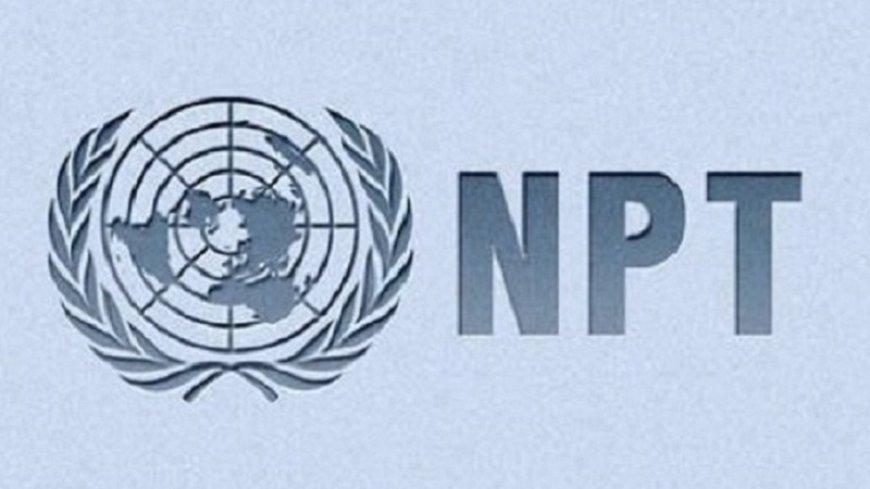The importance of officially approving the name of Palestine in the International Atomic Energy Agency
The importance of officially approving the name of Palestine in the International Atomic Energy Agency

The International Atomic Energy Agency, (IAEA) in its 67th annual session in Vienna, has voted to support the resolution to officially recognize the "State of Palestine". The agency has also agreed to recognize the right of Palestine and strengthen cooperation between his and that country as well as other countries of the world. The action has been taken in accordance with the draft proposed by Egypt. Egypt had sought to be officially recognized as the "State of Palestine" by the International Atomic Energy Agency.
92 countries have voted to support the draft resolution under the title "Status of Palestine" at the International Atomic Energy Agency. This is in a situation where 21 countries have abstained from voting and only five have opposed it. After the adoption of the resolution with 'yes' votes, Mohammad Al-Molla, the ambassador of Egypt in Austria and who is also the representative of Cairo in the International Atomic Energy Agency, said that the adoption was done with the full support of the Group of 77 and China. Al-Molla has described the official adoption of the name of the country of Palestine in the IAEA agency as a "Historic Resolution" and said that this step shows the victory achieved by the Palestinian issue.
Mohammad Al-Molla added that the action will have a great contribution in strengthening the cooperation of Palestine with the IAEA Agency and other countries in the field of technology and nuclear science. The action has been taken in the context of efforts made by Palestinian leaders to obtain full membership in the International Atomic Energy Agency and other international organizations. Experts have assessed the decision of the International Atomic Energy Agency as equal to slapping the Zionist regime and victory for the Palestinian nation.
The importance of passing the resolution at this time stems from the fact that in his recent speech at the United Nations General Assembly, the prime minister of the Zionist regime Benjamin Netanyahu had completely removed the name of Palestine from the map of the new Middle East intended by that fake administration. By showing the map, Netanyahu wanted to convey a message to Saudi Arabia that the result of the establishment of relations between the two sides will be the erasure of the name of Palestine in the map of the Middle East. The concept and demand of the Zionist regime and Netanyahu himself are in conflict with all plans to resolve the Palestinian crisis, including the plan of the late King Abdullah of Saudi Arabia, which insists on withdrawing the Zionist regime from the lands it began to occupy in 1967 and the creation of a Palestinian state .
In fact, by passing the resolution proposed by Palestine, the International Atomic Energy Agency has sealed the demand of the international community regarding the necessity of creating a Palestinian state. On November 29, 2012, and following the adoption of the resolution of the United Nations General Assembly, Palestine was able to raise its status in the union from the position of "observer institution" to "non-member observer state" after obtaining 138 votes in favor, against 9 opposed and 41 countries decided to remain neutral. Image Caption Raising the level of Palestine's representation in the United Nations from an observer member to a non-member observer country is, in fact, the same as deciding the United Nations to recognize Palestine in reality and practice as a country; and develop that step to the level of recognizing it as an official country.
In that way, and for the first time, the status of Palestine in the United Nations has been equal to that of the Vatican. Being able to use legal and international opportunities for Palestine in international legal institutions to obtain its international rights, is another fruit of those important changes that emerged. The adoption of the resolution has opened the field for official international recognition of Palestine and other countries and regional and international organizations and increased the strength of its legal and international position. Although the Zionist regime has always continued its unilateral plans regardless of the international support for Palestine; and that politics has been aggravated by Netanyahu's hard-line government, but the recently passed resolution of the International Atomic Energy Agency and granting Palestine membership in that institution shows that the international community supports the issue of creating a Palestinian state and strengthening the position and its political and legal status.













































